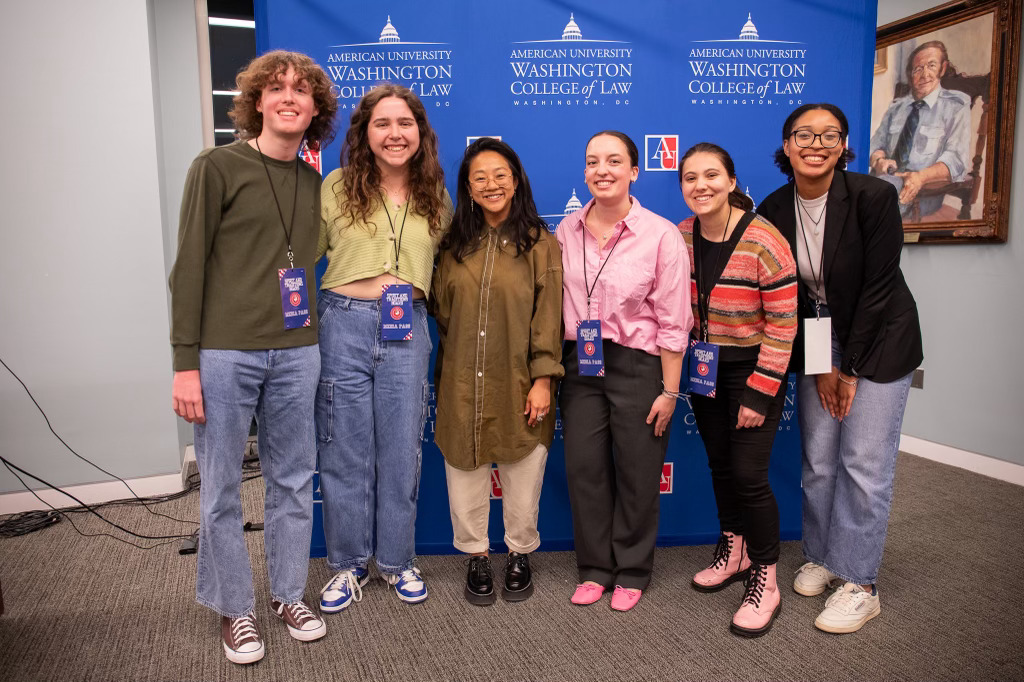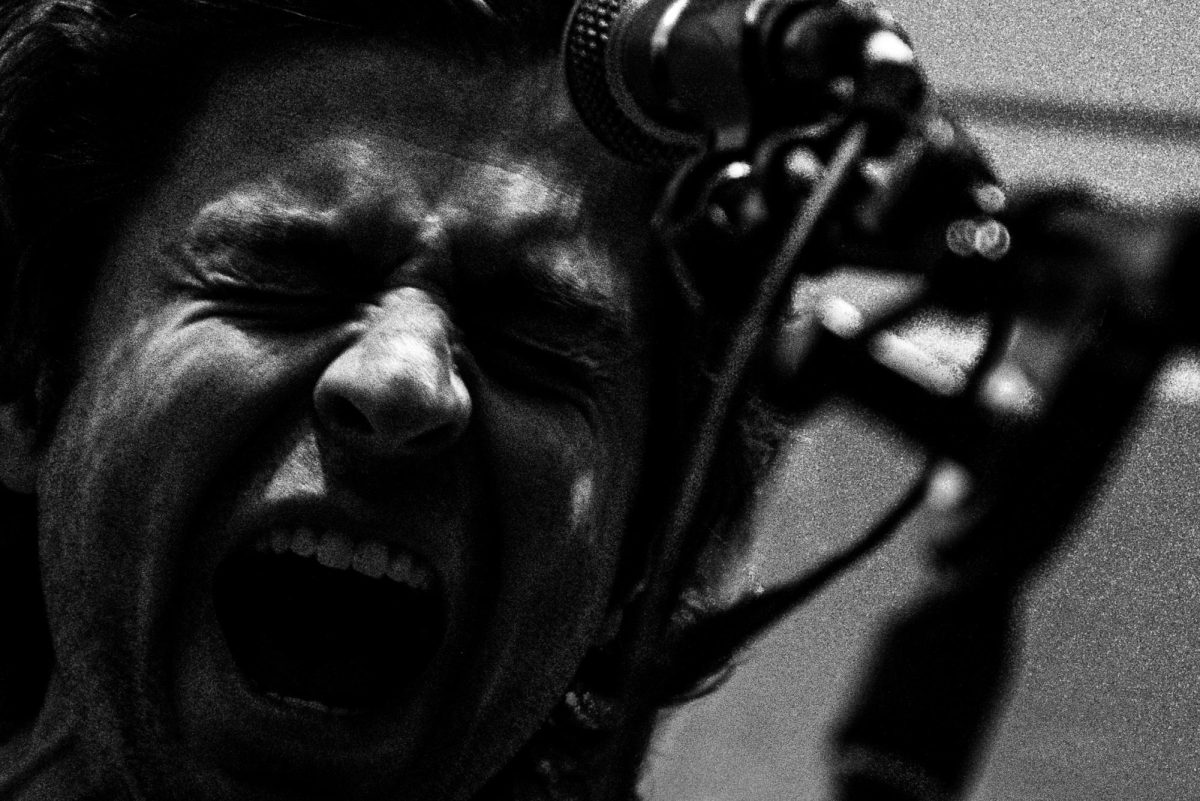Pop with a Capital ‘P’: The Art & Science of Guest Raps ft. Lil Wayne, Drake, TI & More
April 29, 2013
Justin Bieber featuring Ludacris. Enrique Iglesias featuring Pitbull. Katy Perry featuring Kanye West. The mere suggestion of a guest rap sounds … enticing. They promise more bang for the buck, two for the price of one. They’re economically savvy.
But are they artistically savvy? Not really. Most songs would function the same or better without the addition of a fast-talking rapper to punch up the proceedings. Nonetheless, the guest rap can be a hidden art form. The rapper has the responsibility to add a new flavor to the song without fundamentally changing the meaning or shifting the focus away from the lead singer. At the same time, the rapper needs to justify his or her presence in the song — otherwise, we’re just stalling for time until Rihanna or Enrique Iglesias returns to take us home.
First, a note: The term “guest rap” in this context refers to a rapper’s presence, usually but not exclusively in the song’s middle third, in a non-rap song. For the purposes of this analysis, songs like Drake’s “The Motto” (featuring Lil Wayne) are out of bounds. Guest raps on other rappers’ songs are worthy of an entire column unto themselves.
In terms of chart popularity, the guest rap might have reached its most recent peak in 2010, when 13 of the year’s Hot 100 pop songs featured injections of rap. And indeed, the guest verses that year ran the gamut from the dull and derivative (Jeezy boasting about his “Louis tux, Louis flag, Louis frames, Louis belt” on Rihanna’s “HardÛ) to the unhinged and unfiltered (Nicki Minaj toasting Anna Nicole Smith on Trey Songz’s “Bottoms UpÛ).
Nicki lets loose on a Trey Songz jam:
That year also brought us Ludacris’ verse on Justin Bieber’s “Baby,” one of the first signs that the moppet-y teen phenom had grander aspirations to pop stardom. Luda was admirably game for what could have been a silly cash grab, taking us back to his tween days and straddling the divide between petty teen romance and mature rap swagger. (Ludacris has often been the most successful at these twin goals, as evidenced by his stints on “How Do You Sleep” by Jesse McCartney and “Glamorous” by Fergie).
Ludacris flashes back to when he was 13:
The most intriguing recent examples actually came the following year. Kanye’s appearance on Katy Perry’s 2011 smash “E.T.” was almost certainly concocted in a record-label conference room, but the pairing works surprisingly well. West brings an otherworldly mystique to his guest rap, which is comprised of a rare two verses. He taunts and teases in the intro before going wild in his spotlight verse, indulging in “alien sex.” The West-less version, the original album track, pales in comparison.
A match made on an exotic planet:
Most guest raps seek to provide a different perspective on what we’ve already heard from the main artist, as when Wiz Khalifa clarifies the animosity that Adam Levine only hints at in Maroon 5’s “Payphone.” Drake’s 2011 appearance on Rihanna’s “What My Name?” deviates from that formula. The sensitive Canadian rapper appears in the song’s opening minute and then disappears for the rest of the song. Nonetheless, the sensual vibe he lays down in the introduction strengthens Rihanna’s argument later. Once again, this song works because of its guest rap, not in spite of it.
Guest raps have their detractors. Unabashed pop music fans who decry rap as a tasteless, artless genre complain when rappers hijack songs by their favorite artist. Dedicated rap fans might label one of their favorite rappers a sellout if he or she devotes too much energy to helping pop artists promote their music.
Nonetheless, the guest-rap phenomenon has become prominent enough to warrant its own Grammy category, “Best Rap/Sung Collaborations.” In the past four years, they’ve rewarded rap songs featuring sung choruses, but before that, winners included Rihanna’s “Umbrella” (featuring Jay-Z), Justin Timberlake’s “My Love” (featuring T.I.) and Usher’s “Yeah!” (featuring Ludacris and Lil Jon).
One of the best pop songs of the 21st century also has one of the strongest guest raps:
What’s the state of guest raps in 2013? Unclear. Justin Timberlake’s “Suit and Tie” is the only significant hit so far to include a guest rap. Jay-Z’s presence on the track seems ideally suited (no pun intended) to the song’s luxurious vibe, but his lyrics threaten to shift the focus too far away from Timberlake. Nonetheless, Jay-Z’s insistence to Beyonce’s father that “we go better as a couple” reflects the image that Timberlake projects in his own lyrics.
The guest rap is a trifle, but it is an interesting one and also symbolic of the broader appeal of pop music. Commercial motivations occasionally intersect with artistry in guest raps as in life. Guest raps are like appetizers: sometimes they add a twist to the meal, sometimes they’re disappointing, and sometimes you skip them and rely on the main course. Basically, guest raps are like chips and dip — I’ll continue to eat them up.
Jesse McCartney is a strong songwriter and a capable vocalist. What happened to him? Here he is with Luda:















